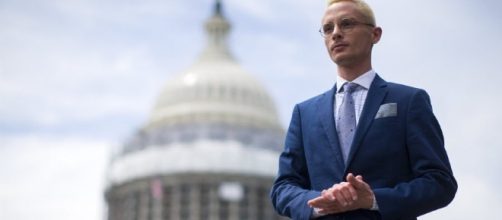We all know that the foster care system is a broken system. We have heard of the phrase "you can't save everyone." Children that turn 18 or older are often left for the streets, joining gangs and drug cartels for the sake of survival. Children of addicts are taken into state custody and their parents are unable to keep responsibility. But in Florida, a bill that could match host Families with foster children could help.
Temporary Care of a Child Act
The bill will work with parents who are single parents that are struggling to find work or beat an addiction.
The Temporary Care of a Child Act aims to provide those children of single parents a less broken option than the foster system. The act will help nonprofit agencies like churches find host families for those families that are struggling to make ends meet. This guarantees a time of shelter and safety while the parents work to get back on their feet.
The bill has been met with some concern, such as taxes, cost of housing and providing additional support. The focus of the bill is to get communities involved with helping each other out. It is not a mandated requirement, but families can opt into the idea of hosting a family who is struggling to find a job that may shy away from asking for help out of fear that their children would be placed into Foster Care.
The program will run by volunteers and neither the agency nor the host family who opts into the program will receive any money for the placement and care of the children.
Family law concerns
Families who opt into the program must undergo background checks and drug screenings for applicability. Those families who pass the background inspection can host children for up to 90 days. If children were previously removed from a home because of neglect or abuse, they are not qualified for the program and will have to stay in foster care.
Attorneys who practice family law want some boundaries and safeguards for those entering the program if volunteered. Parents who do not have custody of their children or have had their custody rights removed are not capable of regaining custody or the children in this program.
They also want to require licensing for the nonprofit groups that will match families. Set standards for oversight and check-ins from federal agencies also need to be put in place so that they can monitor the success of the program.

